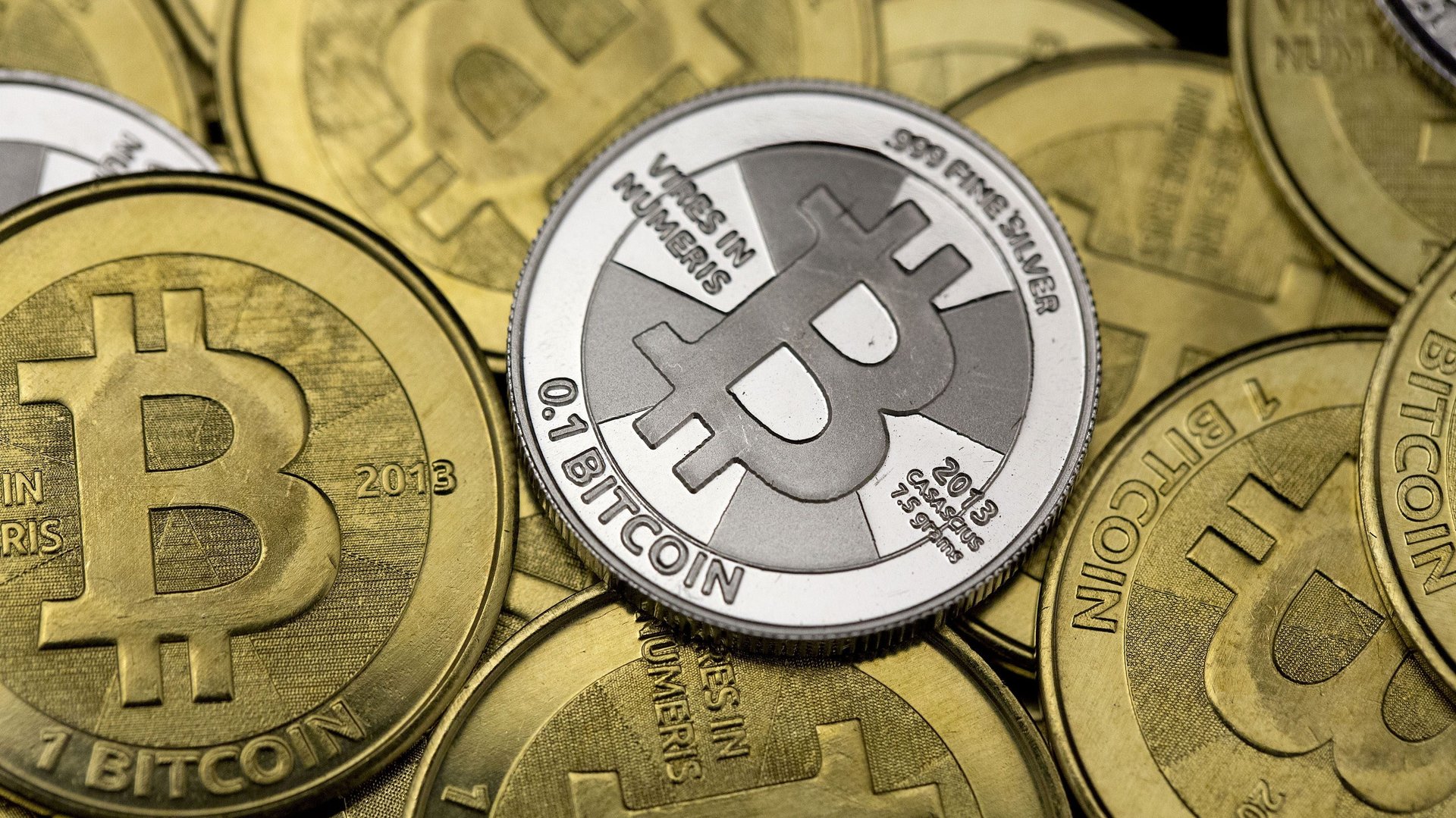Fidelity says it’s received more bitcoin donations in six months than in all of 2016
Fidelity Charitable, an independent non-profit established by mutual fund giant Fidelity Investments, says it received almost $9 million in bitcoin donations between January to June this year, what it called an “unprecedented” quantity since it began accepting the cryptocurrency in late 2015. Last year it reported over $7 million worth of bitcoin donations.


Fidelity Charitable, an independent non-profit established by mutual fund giant Fidelity Investments, says it received almost $9 million in bitcoin donations between January to June this year, what it called an “unprecedented” quantity since it began accepting the cryptocurrency in late 2015. Last year it reported over $7 million worth of bitcoin donations.
Fidelity Investments’ chief executive, Abigail Johnson, called herself “a believer” in cryptocurrencies when she spoke at a trade conference in May. She has pushed the company to experiment with bitcoin payments and to strike partnerships with startups operating in the space. She even mines bitcoin and ethereum, telling the conference audience in May that what started as an educational project is now “miraculously … making a lot of money.”
Fidelity’s bitcoin push has translated into features and services that are exposing its huge customer base to cryptocurrencies. These include the ability to view bitcoin balances from its website, and the ability to donate bitcoin. Fidelity Investments serves 26 million individual investors. Fidelity Charitable had nearly 150,000 donors in 2016.
Still, the amount of bitcoin donation is tiny compared to the overall pool. In 2016 received donations of $796 million in non-publicly traded assets, which includes bitcoin, real estate, grain, and restricted stock, among others. The rest of its donations were in cash or stock in publicly traded entities. The charity doesn’t actually hold any bitcoin itself; donors send the coins to an exchange that converts it into cash that’s deposited with Fidelity Charitable.
Bitcoin’s price has trebled in 2017, so it’s no surprise that bitcoin holders are feeling charitable. “For those who do hold it, it has become a very good asset to donate because it has appreciated so greatly,” says Matt Nash, a senior vice president of client engagement at Fidelity Charitable. After all, donors to vehicles like Fidelity Charitable receive an immediate tax deduction (pdf). For believers in bitcoin’s libertarian founding ethos, reducing the amount of taxes paid to the government is crucial; the charitable giving is a bonus.